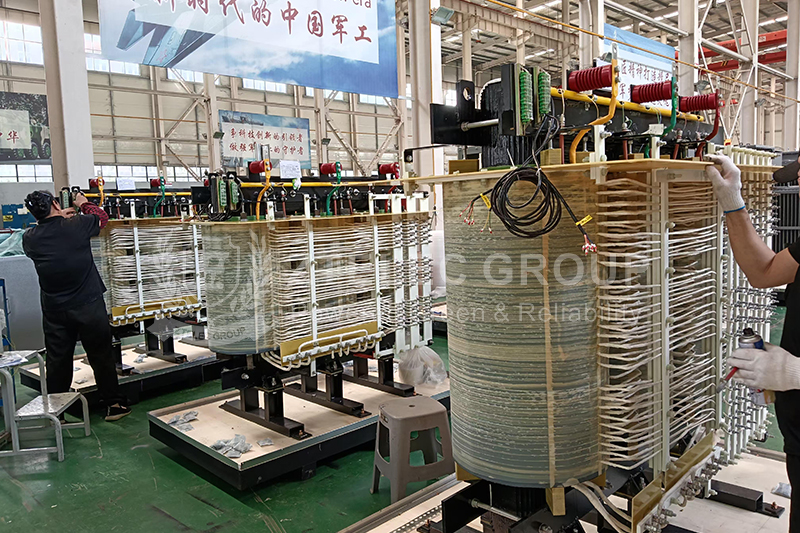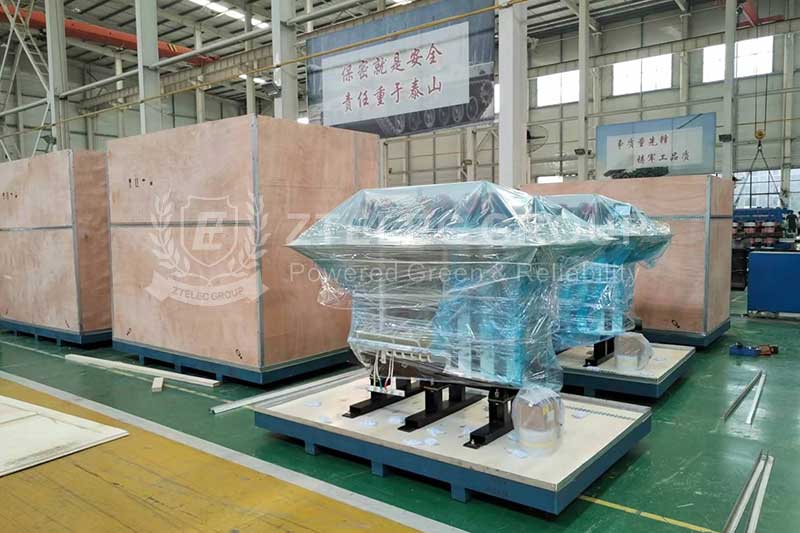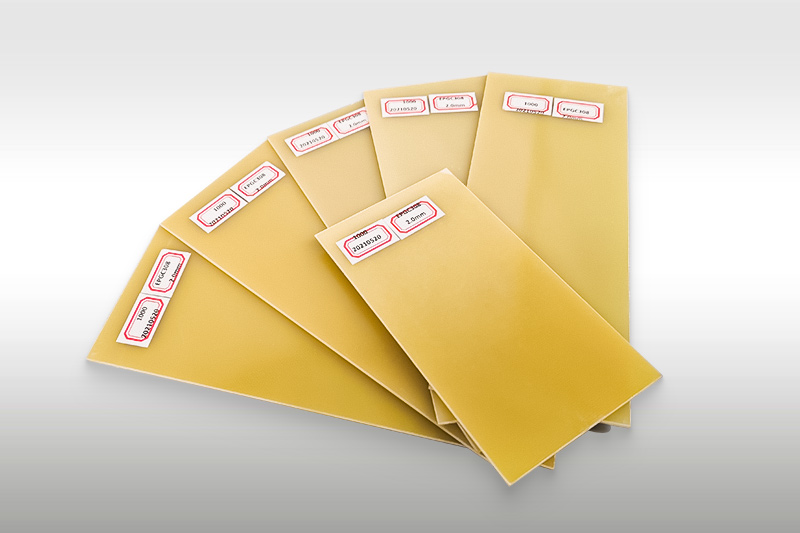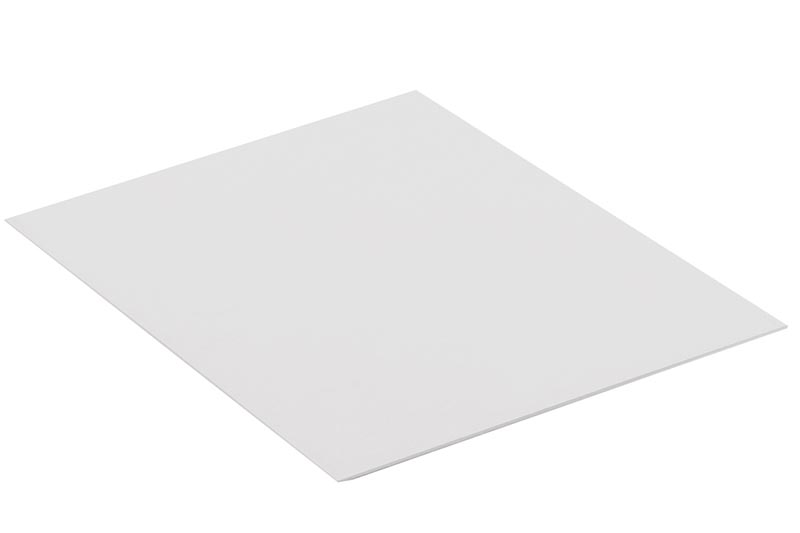What is phenolic material,Types and Uses of Phenolic Materials
2024-02-28 11:08 | By: ZTELEC-www.ztelecgroup.com | 137click
What is phenolic material
Phenolic materials, also known as phenolics or phenol-formaldehyde resins, are a group of synthetic polymers derived from the reaction between phenol and formaldehyde. These materials exhibit a wide range of properties such as high strength, heat resistance, chemical resistance, and dimensional stability, making them useful in various applications. Here's an overview of phenolic materials, their types, and uses:
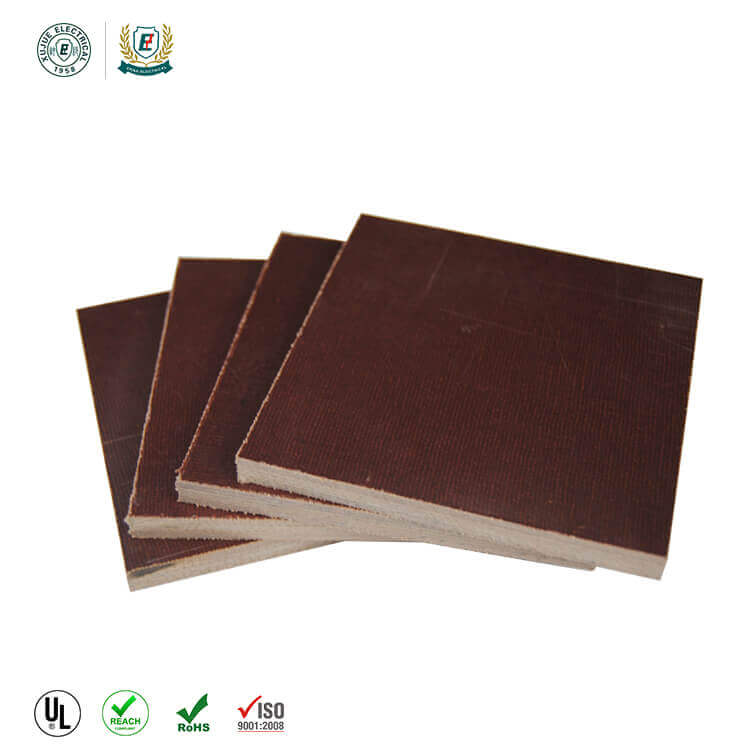
Types of Phenolic Materials:
Resol Resins: These resins are formed by the reaction of phenol with excess formaldehyde under alkaline conditions. They are thermosetting resins, meaning they become permanently hard and rigid upon curing. Resol resins are commonly used in applications requiring high heat resistance, such as in coatings, adhesives, and composite materials.
Novolac Resins: Novolac resins are produced by the reaction of phenol with formaldehyde in the presence of an acid catalyst. They are also thermosetting resins but require a cross-linking agent, such as hexamethylenetetramine (hexa), to cure. Novolac resins offer excellent resistance to chemicals and are often used in applications such as molding compounds, insulation materials, and friction materials.
Phenolic Foam: Phenolic foam is a type of closed-cell foam made from resol resins. It has excellent thermal insulation properties, low flammability, and good sound absorption capabilities. Phenolic foam is commonly used in building insulation, refrigeration, and HVAC systems.
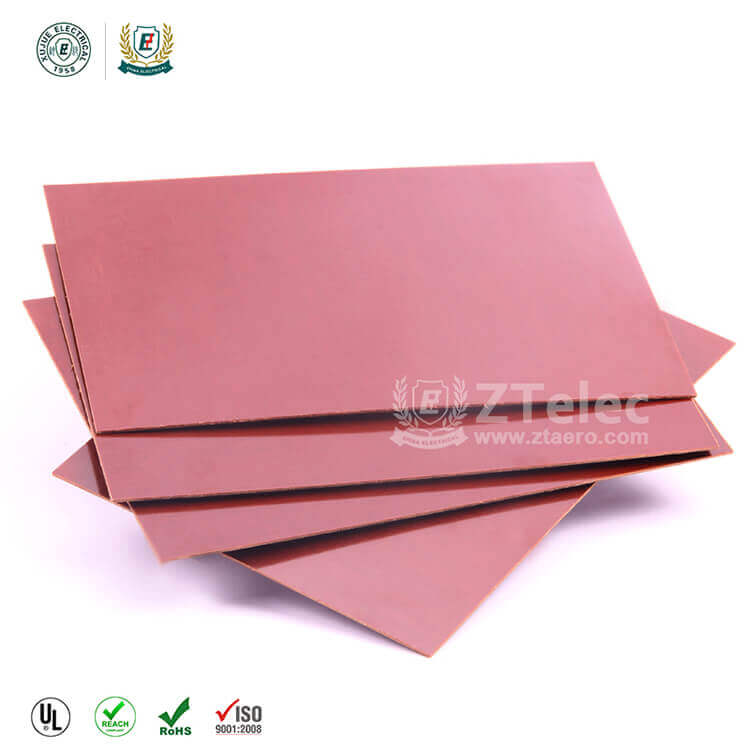
Uses of Phenolic Materials:
Molding Compounds: Phenolic resins are widely used in molding compounds for manufacturing various components, such as electrical components, automotive parts, and consumer goods. They offer high strength, dimensional stability, and good electrical insulation properties.
Adhesives: Phenolic resins are used as adhesives in wood bonding applications, particularly in the production of plywood, laminates, and engineered wood products. They provide strong bonding strength and resistance to moisture and heat.
Coatings: Phenolic resins are employed as binders in coatings and paints, providing durable and corrosion-resistant finishes for metal surfaces. They are used in applications such as industrial coatings, automotive finishes, and marine coatings.
Composite Materials: Phenolic resins are utilized as matrix materials in composite manufacturing, where they are combined with reinforcing fibers such as glass, carbon, or aramid fibers. Phenolic composites offer high strength-to-weight ratios and are used in aerospace, automotive, and sporting goods industries.
Insulation Materials: Phenolic foam is extensively used as thermal insulation in buildings, refrigeration systems, and appliances. It provides excellent thermal performance, fire resistance, and moisture resistance, making it suitable for both residential and commercial insulation applications.
Overall, phenolic materials find diverse applications across industries due to their combination of desirable properties, including strength, durability, heat resistance, and chemical resistance.
tags:composite insulation materialsNHN vs. AHA InsulationNHN and AHA Insulation PaperNMN and AMA Insulation PaperNMN Insulation Paper
- more+releated article
- 2026-01-29What are composite insulation materials and ho
- 2026-01-29NHN vs. AHA Insulation: Key Differences and Wh
- 2026-01-29Comparing NHN and AHA Insulation Paper in Moto
- 2026-01-29The Impact of NHN and AHA Insulation Paper on
- 2026-01-29The Role of NMN and AMA Insulation Paper in El
- 2026-01-29Applications of NMN Insulation Paper in Low-Vo
- 2026-01-29EPGC308 Epoxy Sheet — Electrical Insulation
- 2026-01-29Applications of EPGC203 Insulation Epoxy Glass
- 2026-01-29Ten Core Reasons to Choose Oil-Immersed Transf
- 2026-01-29Epoxy FR4 yellow board in power transformer

